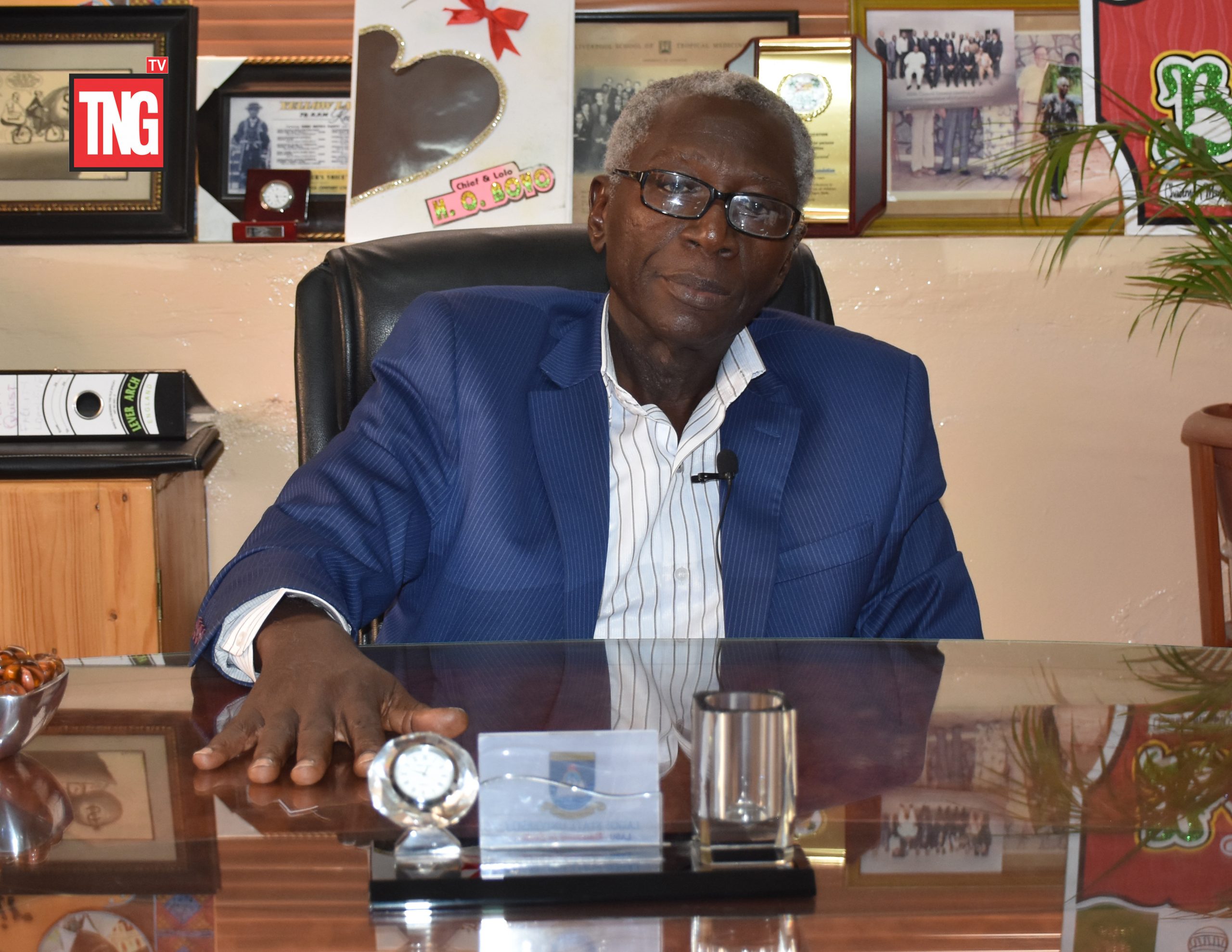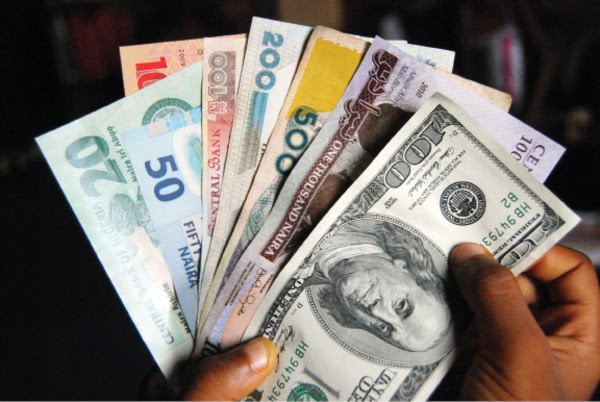By Henry Boyo
The Central Bank’s Monetary Policy Committee, on Wednesday 4th April, 2018, decided to retain its Monetary Policy Rate (MPR) at 14 percent, while mandatory Cash Reserve Ratio for Banks, would remain at 22.5 percent. Disturbingly, however, there is no real hope that, such rates which have subsisted for almost three years and inflicted so much social agony will now redeem the economy!
Clearly, the prevailing inflation rate of 14 percent will make Naira income earners poorer this year, and industries will struggle to survive, if they pay well over 20 percent to borrow. Similarly, government will pay over 14 percent to ironically borrow to service its risk free sovereign debts!
The above title, “MPC and the blind leading the blind” was first published on 5th October 2015, when MPR was 13 percent, CRR 25 percent while inflation trended at 15.5 percent; a summary of that article follows hereafter. Please read on.
“The Monetary Policy Committee is the nation’s ‘Think Tank’ for best practice strategies that should drive Nigeria’s economic growth and prosperity. Thus, if the MPC’s recommendations were spot on target, inclusive economic growth would evolve; conversely if MPC’s diagnosis and prescriptions are wrong, then our current stunted growth experience, would inevitably be the product of MPC’s Policies.
Nonetheless, while the role of fiscal policy in economic growth is undeniable, however, best practice money supply management, will redeem an otherwise grotesque fiscal plan; conversely, an “excellently structured” Executive budget will grossly diminish in value, if extant monetary strategies induce spiraling inflation, which in turn instigate increasingly high cost of funds and an unstable Naira exchange rate which is determined by fiat and which ironically, also, comes under downward pressure, despite, increasing foreign reserves!
Consequently, a nation with a benevolent spread of latent wealth, will remain poor if there is brazen indiscipline in managing its money supply; for example, if monetary authorities recklessly and liberally, print or create money values continuously, as was the classic case in Germany after the war, inflation would hit the roof, and all income earners, including helpless senior citizens will ultimately become traumatized and pauperized as the Naira’s purchasing power becomes readily whittled down.
Furthermore, the subsisting high cost of loanable funds, which is, ironically, induced by systemic surplus money supply, will also challenge sustainable real investments, and ultimately explode an already suffocated job market to precipitate social insecurity! Thus, the MPC’s responsibility for promoting best practice management of money supply, is pivotal to the achievement of enhanced social and economic welfare for our people.
Regrettably, however, for over two decades, the best efforts of MPC/CBN ‘collaboration’ have failed to manage money supply successfully and keep inflation, below best practice level of 2-3 percent, to preserve income; furthermore, the subsisting monetary policy strategies have also failed woefully to bring down cost of borrowing, to supportive levels below 10 percent to stimulate new investments and domestic production, and also facilitate job creation. It is clearly unrealistic and foolhardy to expect credible and inclusive economic growth or indeed successful diversification of our economy, when real sector domestic investors pay between 20 – 30 percent interest rates to borrow from banks. There can be no genuine inclusive economic prosperity, if inflation hovers around double-digit rates to destructively pump up the cost of borrowing.
Regrettably, however, it is inexplicable that despite Nigeria’s heavy unemployment burden, our MPC has, in response to the inflationary threat caused by systemic excess Naira liquidity, consistently endorsed inappropriately higher Monetary Policy Rates, which in turn, compel banks to lend to customers, including the productive sector at clearly oppressive rates, that cannot promote inclusive growth.
Curiously, when the MPC concluded its 103rd bimonthly meeting last week (21/9/2015), it retained its existing, anti-growth, 13 percent benchmark for CBN advances to banks, while it slashed the cash ratio which commercial banks must retain as reserves, from 31 percent to 25 percent. The overt interpretation of such monetary indices, is simply, that CBN appears to be either confused, mischievous or impervious to the real sector’s crying needs for access to cheaper funds.
“Furthermore, the adoption of a cash reserve ratio, which is as high as 25 percent, also suggest, that despite the impact of the already, restrictive 14 percent MPR, the CBN clearly considers the residual level of money supply to be still worrisome and counterproductive to induce price stability. Consequently, as a remedial measure, the apex bank, stepped up and further restrained consumer spending and the capacity of banks to expand credit to their customers, despite the obvious downside, that the high monetary policy benchmarks, deliberately imposed, would restrain investment and industrial capacity utilisation to significantly impede job creation”.
“Thus, the current restrictive impact of inflation and interest rates are clearly out of tune for an economy with very low consumer demand, a shrinking industrial base, with an attendant irrepressible and socially poisonous rate of unemployment”.
“The MPC’s tight money policy is clearly traceable to the fear that a lower cash reserve requirement for banks will expand the economy’s already, discomfortingly bloated money supply to spur increased consumer spending which would invariably trigger inflation, well beyond 10 percent, and seriously threaten the purchasing power of all Naira incomes and the maintenance of economic price stability”.
“Instructively, the recent enforcement of the Treasury Single Account, which consolidated all government’s deposits in CBN accounts, allegedly led to a 10 percent reduction in commercial banks’ liquidity. Regrettably, this reduction appears to be clearly insufficient to tame the distortional burden of systemic excess money supply and its collateral threat to inflation, job creation, economic stability and social prosperity”.
“The unsettling reality of the decades long, incurable, systemic surplus money supply, existing simultaneously with scarcity of cheap funds to the real sector, is clearly demonstrated by CBN’s early notice on 4th September, 2015, that it had removed some of the system’s perceived excess money supply and restrain inflation by borrowing over N800bn from the money market between September 17th and 3rd December 2015. Incidentally, as a result of such borrowing, the banking subsector, primarily, will earn between 12-15 percent interest (i.e. over N500bn awoof money, this year- 2015) from such economically distortional loans, the proceeds of which CBN, inexplicably, keeps sterile or idle, in order to reduce the inflationary pressures propelled by the threat of unbridled systemic money supply chasing relatively few goods and services.”
“Alarmingly, CBN would make interest payments of over N500bn in 2015 just to warehouse and simply keep idle, the perceived ‘burdensome’ surplus cash it borrows in CBN vaults and records, while the real sector, inexplicably, suffers severe funding deprivation which invariably engenders contraction of production and critically needed job opportunities. Invariably, with the challenge of untamed money supply unresolved, all sectoral special intervention funds provided, thereafter to stimulate economic activity and job creation, will inadvertently, simply further expand the already bloated cash surplus with banks; the resultant, inflation threatening excess Naira liquidity will be, indiscriminately, subsequently mopped up, also, once again with the same high interest rates that are clearly discordant with rates payable on sovereign risk free loans by countries with robust resource endowments, such as Nigeria.”
“Worse still, it has been suggested that the latest reduction of cash reserve ratio of banks from 31 percent to 25 percent would infact supplement/the banking sector’s liquidity by over N300bn. Thus, CBN’s ‘charitable’ largesse to banks would again ‘inadvertently’ compound the unresolved existing liquidity surfeit and potentially increase CBN’s portfolio of more idle debts which attract oppressive interest rates without adding any real value to our economic and social welfare”.
“Incredibly, inspite of these disturbing contradictions in the strategies of the Monetary Policy Committee, a gullible media and a trusting but misguided public still keep the faith and believe that MPC/CBN’s macabre abracadabra will lead our nation to Eldorado.” Na lie!!
SAVE THE NAIRA, SAVE NIGERIANS

